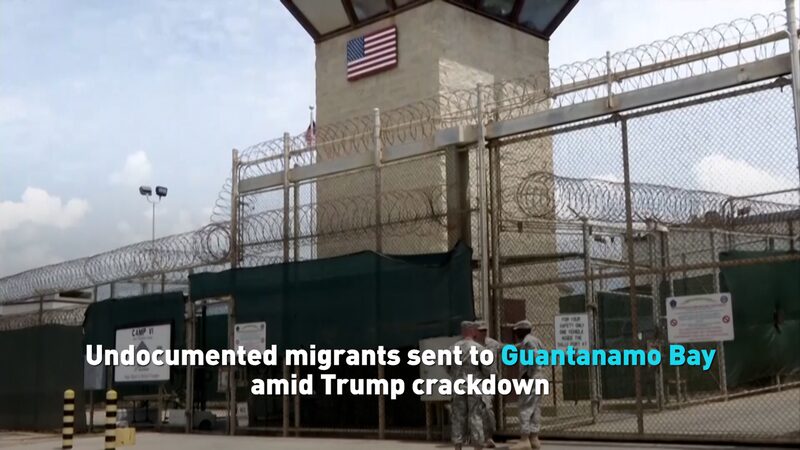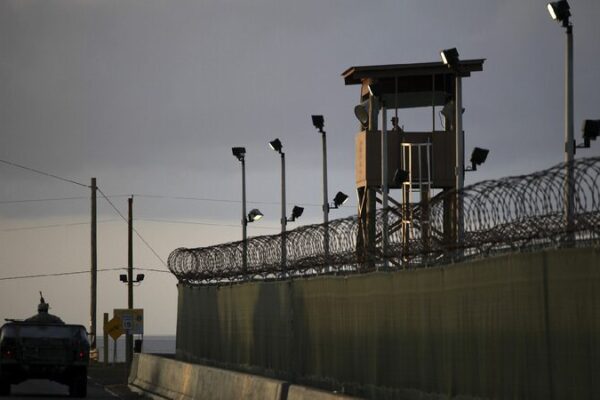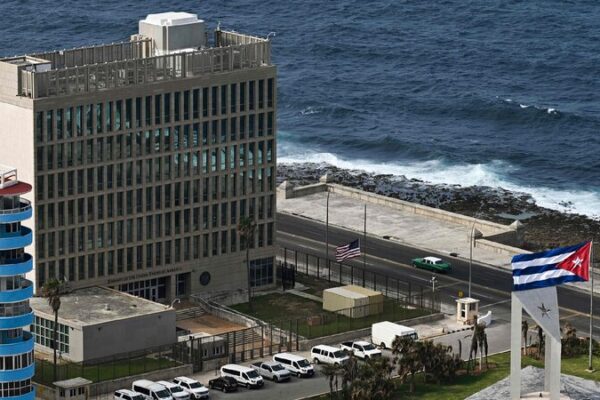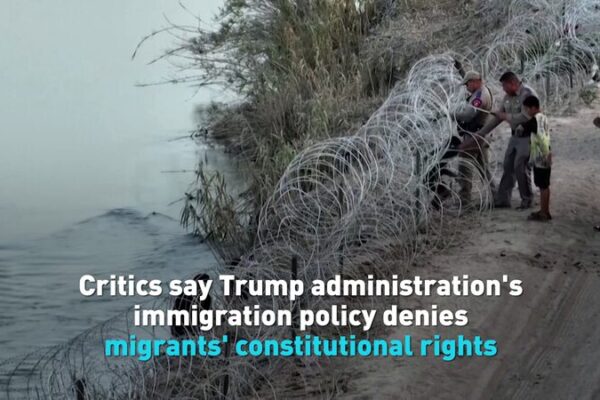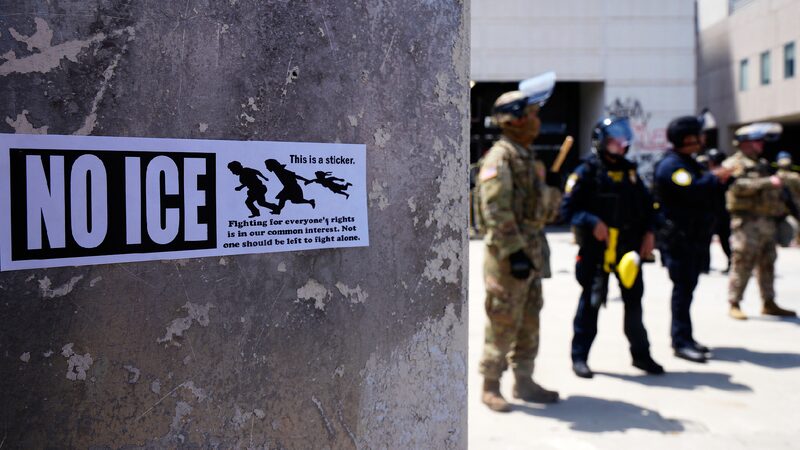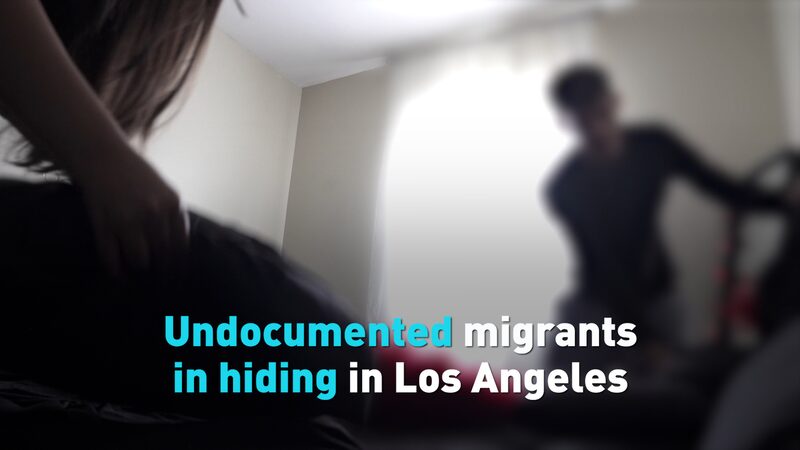In a significant escalation of the U.S. immigration crackdown, a group of undocumented migrants detained in the United States have been transferred to Guantanamo Bay, Cuba. This marks the first wave of what could be tens of thousands sent to the remote naval base.
The move comes as part of President Donald Trump’s intensified efforts to curb illegal immigration, a campaign promise that has seen increased enforcement actions across the country. The decision to utilize Guantanamo Bay, historically used to detain terrorism suspects, signals a stark shift in immigration policy.
Critics argue that sending migrants to the isolated facility raises human rights concerns. The naval base has been controversial due to past allegations of detainee mistreatment. Advocates for immigrant rights are questioning the legality and morality of holding migrants in such a facility.
The Trump administration maintains that the measure is necessary to manage the surge of undocumented migrants and to deter others from attempting to enter the United States illegally. “We are taking decisive action to protect our borders and uphold the law,” a spokesperson said.
The implications of this policy extend beyond the United States, with potential effects on migration patterns globally. As the situation develops, many are watching closely to see how these actions will impact international relations and human rights discussions.
Reference(s):
Undocumented migrants sent to Guantanamo Bay amid Trump crackdown
cgtn.com
